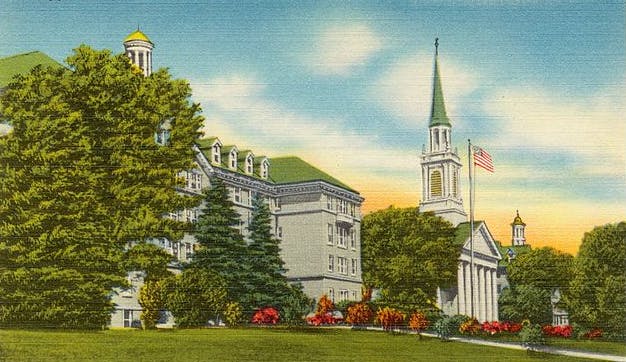
Can Trump ‘Nationalize’ Elections?
By THE NEW YORK SUN
|I’ll miss seeing my classmates and reminiscing about our college days. My regret would be greater, however, if I were to pretend that I was happy with cancel culture at my alma mater.

Already have a subscription? Sign in to continue reading
$0.01/day for 60 days
Cancel anytime
By continuing you agree to our Privacy Policy and Terms of Service.
By BRADLEY CORTRIGHT
|